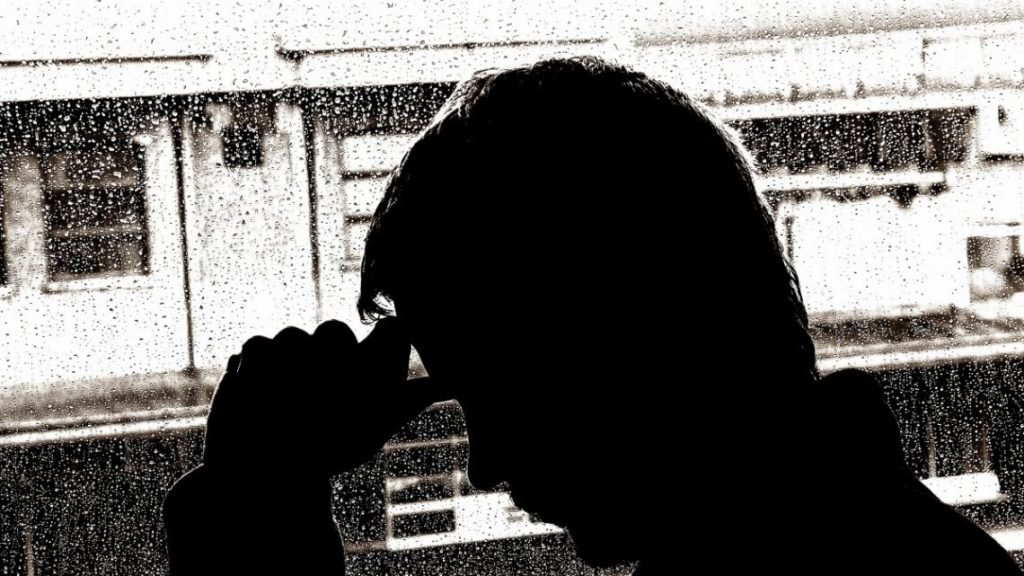Comment | One in ten new fathers suffer from depression and same-sex couples are in need of medical support
Postnatal depression in men can worsen over the first twelve months
By Steve Brown

This article is written by Bupa UK to raise awareness of International Father’s Mental Health Day.
Since the Middle Ages, Father’s Day has served as a cursory celebration of dad’s role in the home.
But in today’s nuanced world, everyone should know full well that the idea of the modern family, increasingly freed from stereotype, doesn’t always conform to Hallmark-card standards.
Yesterday (June 17) marked International Father’s Mental Health Day and with to one in 10 new fathers suffering from depression, now is the perfect time to support those finding fatherhood that much more difficult.
Once a condition mainly associated with the female experience, the NHS have updated their information page on postnatal depression to state that fathers and partners can be affected too.
This is more than just a victory for heterosexual fathers, though; it means that partners in same-sex couples are being shown much-needed medical support in this area too.
Far from always mirroring a mother’s emotional state, mental health conditions following childbirth can be independently acknowledged in men – which would be clinically diagnosed as paternal postpartum depression.
Those suffering from postpartum depression will often feel heightened sadness, near-constant anxiety and an inability to cope with their parental responsibilities. They can become extremely tired and irritable, which can weaken their capacity to bond with the new baby.
The condition can occur any time after the baby’s birth, though it has been found that the symptoms are more gradual in men, often worsening over the first twelve months.
Glenys Jackson, Bupa’s Clinical Lead for Mental Health, says, “The treatment of postnatal depression in men is no less important than in women – it can affect any partner following the birth of a child.
“With mental health a huge issue for men, who are all too often concealing their worries, it is vital to seek advice from a medical professional and ask friends and family for help.”
Partners, friends, family members or colleagues of men suffering with postpartum depression may notice a few external signs and should encourage open conversation to offer support.
Near-permanent exhaustion, inability to concentrate, reduced motivation and sudden withdrawal from others are all completely normal indicators of those struggling with their mental wellbeing.
In the workplace, it is especially important for employers and managers to allow new fathers appropriate leave, to have time to adapt to their new routine and recuperate properly when mental health is impaired.
Speaking up to loved ones/trusted confidantes and seeing a GP, who can recommend appropriate treatment such as medication or cognitive behavioural therapy, are the best ways to get started on the road to recovery.
Other important steps to getting better include eating well, getting enough rest and continuing to enjoy hobbies, exercise or socialising where possible.
Removing the stigma around any male mental health condition is one of the most important things we can do collectively.
